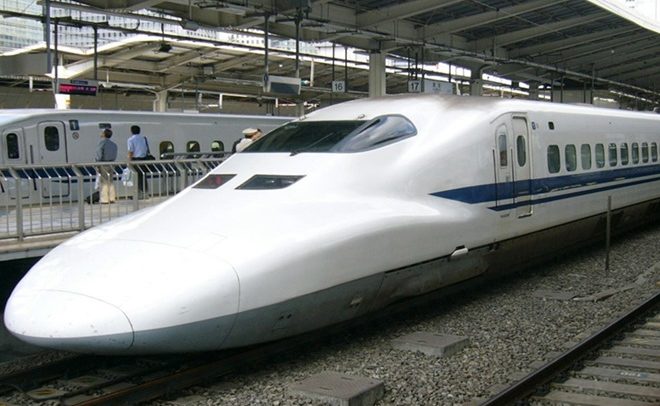German government has proposed for a high-speed train service between Chennai and Mysore which going to reduce the travel duration between the two cities by 5 hours, approximately. If the Railway Board approves the proposal the venture is going to be completed by the year 2030. A detailed report on this project has expressed that after a planning time of three years and a construction time of nine years, the track will be operational by 2030.
German Ambassador Martin Ney has submitted the report on the feasibility of the 435 km route to the Railway Board chairman Ashwani Lohani recently. According to the project report, this high-speed train will cover the distance of 435 km with the maximum speed of 320 kmph and there by squeezeing the seven hours journey to two hours and twenty minutes.
As indicated by the German report, the line – Chennai-Arakkonam-Bangalore-Mysore – will be 85 percent lifted and have 11 percent tunnels. Thus it will lessen travel time among Chennai and Bangalore by 100 minutes and Bangalore and Mysore by 40 minutes.
The estimated infrastructure cost of the project will be Rs 1 lakh crore and an extra expense wiil be of Rs 150 crore for the rolling stocks.
Ney said that the course was observed to be very much viable, and at the same time would turn out to be the best answer to control the traffic burden.
After the introduction of such high-speed rail route between the two cities, the train journey can be comparable with that of the flight.Lohani said that, “with this high-speed train project we will be able to pull few travellers from aircrafts when they see that the travel time has been decreased so radically. If one lives close to the airport, trains will be considered faster than aircrafts once this sort of speed rail-network is launched.”
Other than Chennai – Mysore, there are many more routes on which feasibility studies are being conducted. New Delhi-Mumbai, Mumbai-Chennai, Delhi-Kolkata, Delhi-Nagpur and Mumbai-Nagpur are the routes where study conducted.

